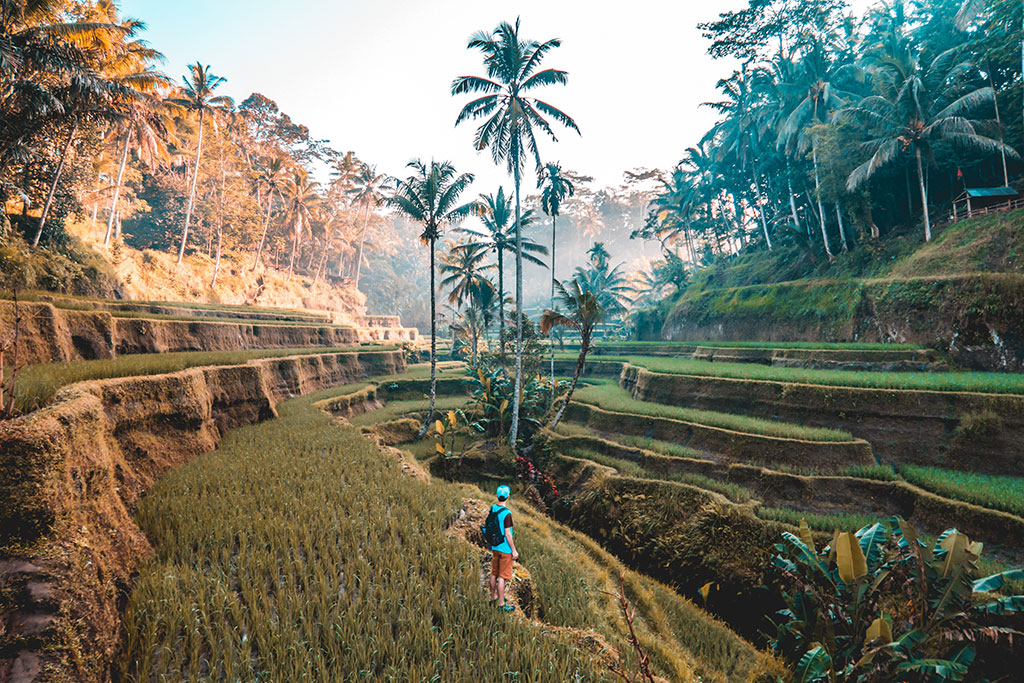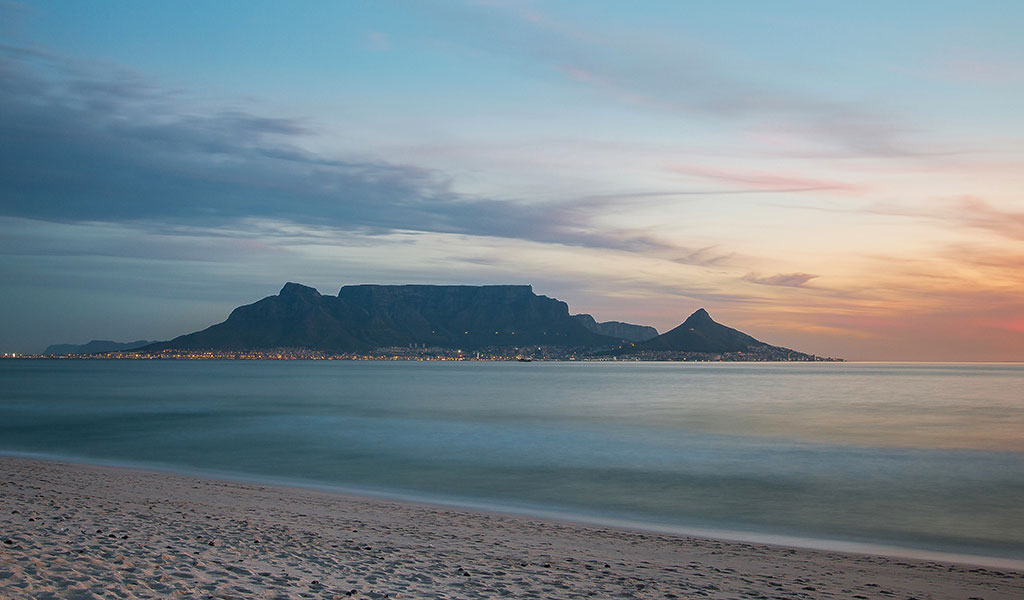Each year Fodors’ Travel produces two travel lists — a ‘Travel GO List’ of 52 must-visit destinations around the world and a ‘Travel NO List‘ of places to avoid.
According to Fodors, its No List highlights places and issues that give the editors pause due to ‘issues—ethical, environmental, sometimes even political—that we’re thinking about before, during, and long after we travel’.
Two destinations that South Africans love to travel to, one local and one international, have been flagged in this list.
Bali

Indonesia’s most-visited island, popular with Saffers because of the favourable exchange rate as well as the natural beauty, has seen tourist numbers rise to over 5 million in 2017. Like many other popular destinations in the world, it has suffered from overtourism.
Places like the Lempuyang Temple, one of the holiest sites in Bali, have become so popular for visitors to feature on their Instagram pages (the site tagged more than 90,000 times on the platform) that people have even faked photos of these ‘Gates of Heaven’ to make it appear as if the gates are positioned on a mirror-like lake.
Indonesia, which has strict blasphemy laws, is concerned by the behaviour of tourists who visit religious sites in swimming costumes, climb over sacred sites and disrespect locals.
According to The Guardian, Bali deputy governor Tjokorda Oka Artha Sukawati, known as Cok Ace, said the authorities will ‘be re-evaluating the system that allows tourists to visit temples unaccompanied.’
Other problems include the amount of plastic on beaches – in 2017 a ‘garbage emergency’ was declared and according to Fodors, ‘water scarcity, brought on the development of luxury villas and golf courses, has impacted the profits of local farmers.’
This year, Bali legislature has debated implementing a US$10 (about R150) ‘tourist tax’ per visitor and authorities responsible for the Komodo National Park, a UNESCO World Heritage Site, initially decided to ban tourists from Komodo Island in 2020, however, have subsequently decided to limited visitor numbers and raise the entry fee.
Also read: Komodo island to stay open but entry price will rocket
Cape Town

While admitting that Cape Town ‘consistently wins accolades proclaiming it the best or top city in the world’, Fodors has described it as ‘the city safe for tourists, deadly for residents’.
While tourists visiting the beaches and winelands may never see the other side of the city, Fodors commented on the violence and the recent ‘wave of crime’ that has launched the destination to the top of the list of the world’s most dangerous cities. In August, the military was sent in to quell the gang violence. With more than 2,800 murders in 2018 and a murder rate of about 66 killings per 100,000 people, it has also placed it on the No List.
‘It is really a tale of two cities,’ says Albert Fritz, provincial minister for community safety. ‘You can be a tourist in the centre of Cape Town [and] you will be totally safe. You will not know that … 10km away there are people shooting at police.’
Other destinations that made it onto this list include Costa Rica and Mexico, which have been highlighted, not for violence but for tainted alcohol. ‘The Costa Rica Ministry of Health released a national warning regarding several alcohol brands tainted with methanol. This year, 25 people have died and 59 have been hospitalized from methanol poisoning.
Barcelona was also flagged for overtourism. According to Forbes, ‘No number of pavement expansions and bus rerouting can solve the fundamental issue that tourism is the number one problem for the city.’
Cambodia’s most visited attraction Angkor Wat, a UNESCO World Heritage Site, was also listed as suffering from the countless visitors who have over time worn down the steps, which are now slippery, of the 900-year-old temple.
Fodors also warms travellers to stop climbing Switzerland’s famous Matterhorn peak, as it ‘could kill you’. In 2018, 11 climbers lost their lives while seven fell to their deaths in 2019.
The travel company also suggest that people give the sickly coral reefs of the Florida Keys a miss. The reefs are suffering from ‘stony coral tissue loss disease,’ which has a 66-100% mortality rate, and although scientists are not sure what causes it, it appears to be transmitted through touch and water circulation. The disease has spread to Mexico’s Cancun and other coastal areas, resulting in Mexico’s National Commission of Natural Protected Areas suspending all aquatic activities in the Parque Nacional Arrecifes de Cozumel from 7 October 2019 until the end of the year.
According to the Miami Herald, ‘Fodor’s insists, finding oneself on the No list is not a scarlet letter. Rather, it’s a promise that when we do cover the destinations mentioned here – all of which are, truly, wondrous places – we’ll be doing so responsibly, warts and all.’
Images: Unsplash
You may also like
Related Posts
Driving over the Berg River on Carinus Bridge, you’d probably dismiss Velddrif as just another...
read more
The tips of our fingers tell the story of who we are. Those faint undulating...
read more
Many parents across the world have opted out of traditional governmental and even private schooling...
read more